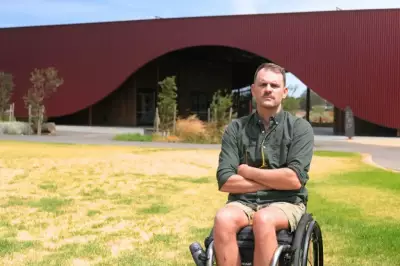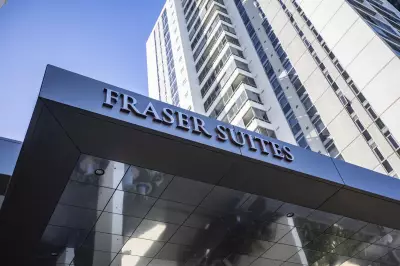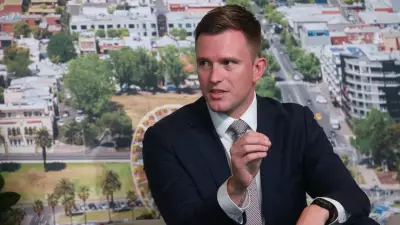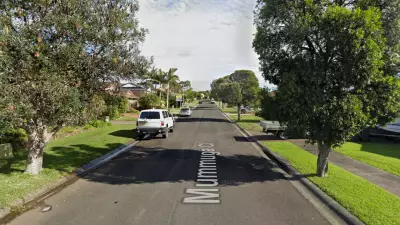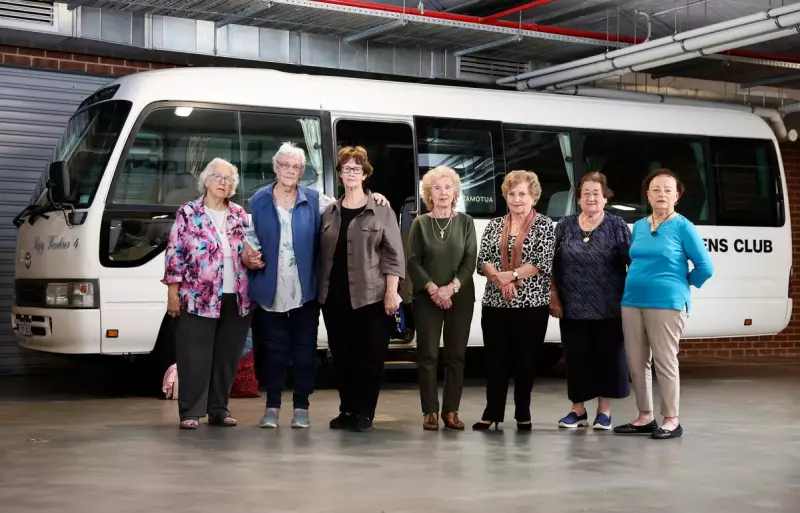
Belmont Residents Cry Censorship Over Edited Council Meeting
Alarm is spreading through a Perth community after the City of Belmont edited a resident's question out of a publicly streamed council meeting and its official minutes. The incident, which occurred during the ordinary council meeting on Tuesday, October 28, has sparked fury and accusations of censorship from the Belmont Resident and Ratepayer Action Group (BRRAG).
The Edited Question and Community Backlash
The controversy centres on a question posed by BRRAG chair Lisa Hollands. While Ms Hollands asked three separate questions, one specific inquiry was completely removed. The edited section, occurring at the 12-minute, 8-second mark of the video originally streamed on the city’s YouTube account, concerned the recent contract between the Belmont Seniors Club and the city for a new community bus.
In a strongly worded letter sent to the Belmont CEO and councillors on November 3, the BRRAG committee expressed its outrage. The letter highlighted that Ms Hollands was at a meeting about the bus contract held at the senior citizens club, which was attended by at least 60 seniors. "What is going on here? Now the community is being censored? Someone has decided what they don’t want the community to know," the letter stated. "This is not transparency, this is censorship."
Speaking to PerthNow, Ms Hollands confirmed that the contract in question was not labelled confidential. "Why is it that they don’t want people to know?" she asked. "How can something be confidential when you’ve had a public meeting about it? I was at the meeting. I think they’re valid questions."
Council's Defence and the Legal Argument
The City of Belmont has defended its actions, citing legal provisions. In an email to BRRAG, Stuart Downing, the city’s director of corporate and governance, stated that editing out the question was "legally permissible and entirely a responsible decision". He justified the move by stating it was "appropriate in the circumstances with both parties had not waived confidentiality," referring to the commercial nature of the bus contract.
BRRAG countered this by referencing the city's own live-streaming policy. The policy states that if parts of a meeting recording are muted or excluded, this action must be reported to the council at its next ordinary meeting, where councillors may then vote to revoke or change the decision.
However, City of Belmont CEO John Christie asserted that the council is not required to seek such approval for edits. He pointed to Section 5.23 of the Local Government Act 1995 (WA), which permits a local government to withhold information from the public that is deemed confidential. "The city’s live-streaming policy is consistent with these requirements under the Act and states the city will not publish confidential information," Mr Christie said.
He elaborated that the part of the live-streaming policy allowing elected members to revoke changes does not apply in this instance, as the Act takes precedence. "Confidential matters do not form part of the public minutes," he added, though he confirmed that council does review and approve confidential minutes separately.
Mr Christie reiterated the city's commitment to openness and transparency but noted that the Act requires certain matters, such as commercial agreements, to be discussed in closed sessions. "In this case Ms Hollands asked questions about an agreement without the authorisation of the parties to that agreement and which is commercial in confidence," he stated.
Regulatory Backing and Future Changes
The city's position received support from the Department of Local Government, Industry Regulation and Safety. A department spokesperson confirmed that local governments are not permitted to live stream or publish parts of meetings that are closed to the public, which includes confidential commercial contracts.
The spokesperson also clarified that there is no legislative requirement for recordings to remain completely unaltered, provided edits are made for legitimate purposes like removing confidential data. Looking forward, the spokesperson noted that under new regulations set to commence on January 1, 2026, recordings of meetings closed to the public must still be made and provided to the Local Government Inspector upon request.
This incident raises critical questions about the balance between protecting commercially sensitive information and upholding the principle of transparent governance for residents and ratepayers.


